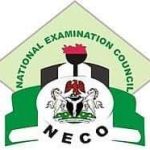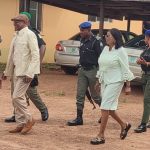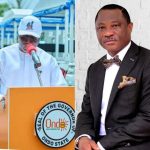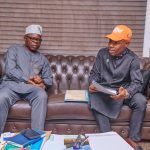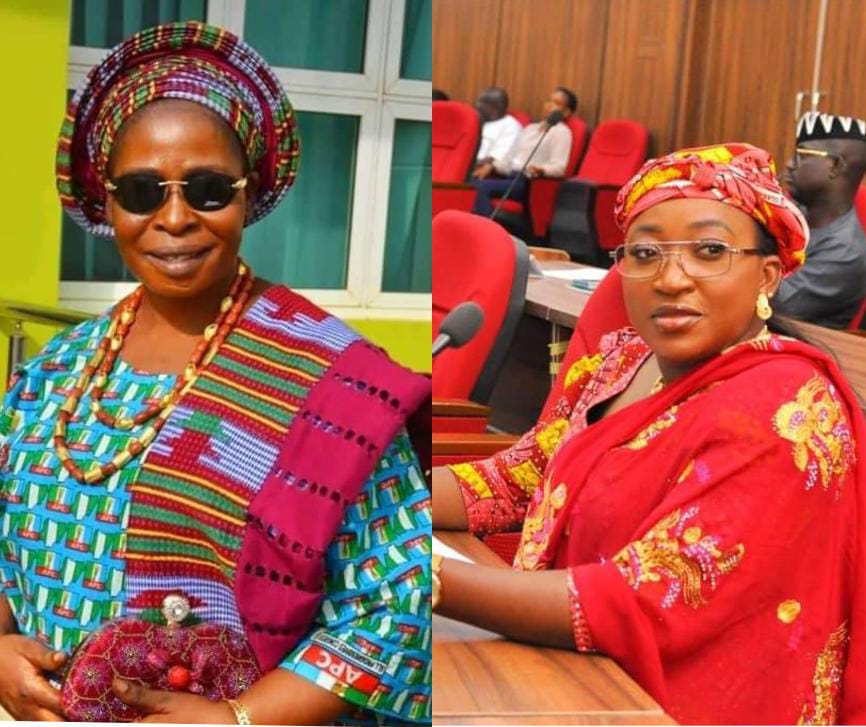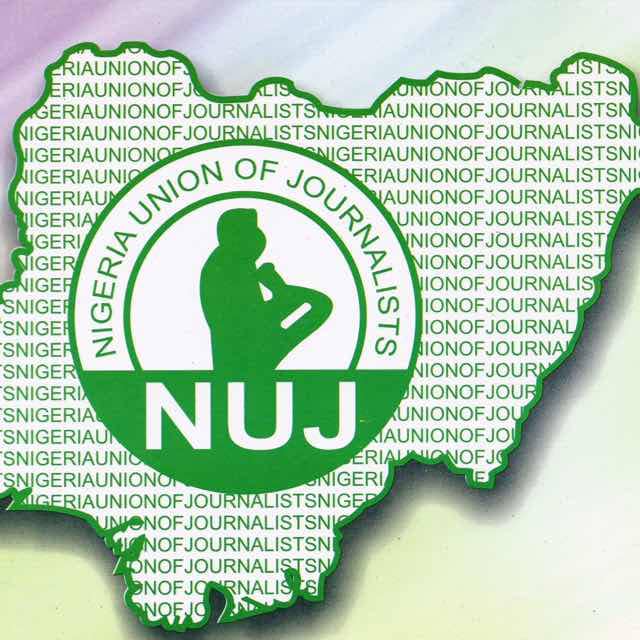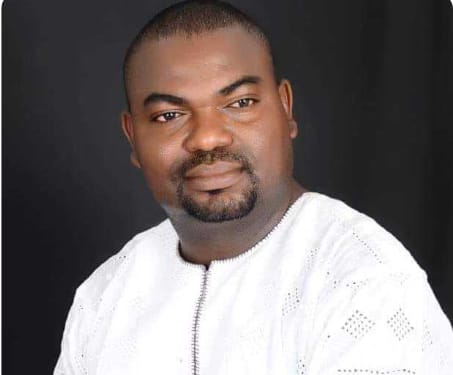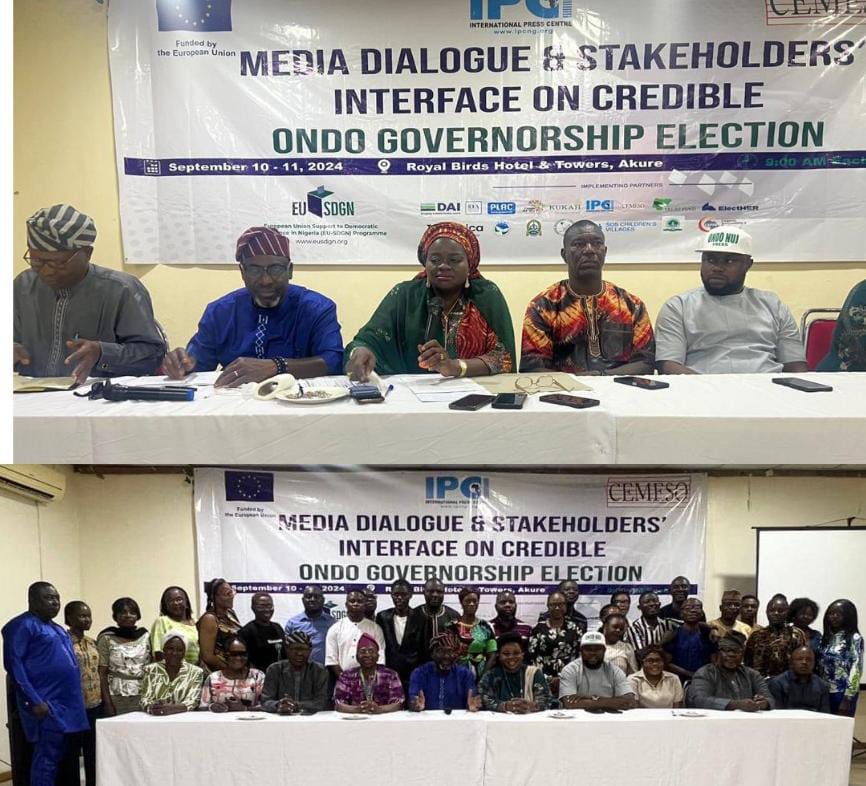
…..Set People-Oriented Agenda for guber Candidates —Experts tell Media
As preparations are in top gear, the Independent National Electoral Commission (INEC) has declared that it will ensure compulsory deployment of the Bimodal Voter Accreditation System (BVAS) and INEC Result Viewing (IReV) for the November 16 Governorship election in Ondo State.
The Resident Electoral Commissioner (REC), Mrs Toyin Babalola, and Public Relations Officer (PRO), Dr Tope Akanmu, also said over two million voters were eligible to vote in the off-circle election in the state.
Speaking at a seminar organised by the International Press Center (IPC) and funded by the European Union (EU) in Akure on Tuesday and Wednesday, the INEC officials said all plans had been concluded to ensure a free and fair election.
The programme was part of the European Union Support to Democratic Governance in Nigeria (EU-SDGNII) project, with IPC serving as the lead partner under Component 4, which focuses on support to the media.
The REC, during an interactive discussion, said efforts and preparedness were in place to ensure a credible, inclusive, free, and fair gubernatorial election come Nov. 16, 2024.
She noted that Ondo State has a total of 2,053,061 registered voters and mentioned that the portal for media registration for the election had opened.
Babalola also disclosed that measures had been put in place to prevent the vote-casting process on election day due to faulty BVAS, with the availability of Registration Area Technicians who would be deployed to voting units to attend to faulty BVAS.
Similarly, Akanmu said the electoral umpire would ensure the use of BVAS and IREV were deployed during the election to ensure a free, fair, and credible election.
He said similar arrangements have been made in Edo State during the Sept. 21 governorship election.
In his welcome address, IPC Executive Director, Mr Lanre Arogundade, said that the media has an essential role in promoting electoral integrity.
He noted that elections are the cornerstone of democratic societies, highlighting the importance of capacity training for journalists in preparation for election coverage.
Arogundade stressed that the dialogue aimed to foster collaboration among critical stakeholders, ensuring that the media remains fair, accurate, ethical, and professional in covering the upcoming Ondo State elections.
He also underscored the importance of journalists’ involvement in voter education, helping to inform the electorate about their rights and responsibilities.
In his remarks, CEMESO Executive Director Dr Akin Akingbulu emphasized that off-cycle elections are a significant feature of Nigeria’s electoral calendar. He highlighted the need for journalists to be well-equipped to contribute to credible electoral processes.
The State Chairman of the Nigerian Union of Journalists (NUJ), Comrade Leke Adegbite, commended IPC for its efforts in building journalists’ capacity through training.
Adegbite acknowledged that the media dialogue came at the right time and assured the organizers that participants would strive to achieve the set goals.
MEDIA & AGENDA SETTING
Media professionals in Ondo State have been urged to bring critical issues affecting the people to the front burner for discourse ahead of the November 16 governorship election.
The submission was made at a two-day seminar organised for journalists in the state by the International Press Centre (IPC) and the Centre For Media and Society (CEMESO) held in Akure.
The seminar with the title, “Media dialogue and stakeholders interface on credible Ondo governorship election” attracted over 40 journalists from the print, electronic and online media.
Speaking at the seminar, a resource person, Tunde Fajimbola, said that journalists have a critical role to play in the upcoming off-cycle governorship election in the state.
Mr Fajimbola, who is a senior lecturer from the Department of International Relations, Elizade University, said the media must begin to question how the candidates participating in the election hope to tackle various issues affecting the people.
He observed that there were questions bordering on developmental issues in the state, noting that journalists have to set an agenda for discourse ahead of the governorship election.
He said, “As journalists, you should discuss the real issues to the people and set the agenda for discourse now that we are preparing for the election. If the media is not setting the agenda, politicians would be diverting our attention from the real issues.
“The media should be talking about the governorship candidates who are seeking to govern. We should begin to set an agenda for these politicians and also measure their performance. We must begin to question how each candidate hopes to tackle the issue of security, safety, and many more areas that affect the people of the state. Let us put on the responsibility for asking the question that would solve people’s problems.’’
Founder of the Journalism Clinic, Mr Taiwo Obe guided participants on asking the right questions and telling impactful stories during electoral coverage, charging Ondo state journalists to use their reports to sent people’s oriented for politicians especially gubernatorial candidates in the November 16 election.
Executive Director of IPC, Lanre Arogundade, emphasised that the media was a critical stakeholder in the upcoming election in the state, stressing that their role was important for a free and fair exercise.
Mr Arogundade also explained that it was important that the media also perform its job of covering the governorship election while the electoral umpires make efforts to ensure a credible exercise.
He stated, “Our major objective is to sensitise the critical stakeholders about their roles and responsibilities in the electoral process. We believe we should hear from them about their state of preparation and ask questions. We should also extract commitment from them on what they will do to make sure the electoral process is also credible and you know that can only be possible if INEC does its job very well, the police and other security agencies provide adequate security.”
Executive Director of CEMESO, Akin Akingbolu and Founder of the Journalism Clinic, Tunde Obe, both tasked journalists to always ask the right and probing questions from political leaders.


